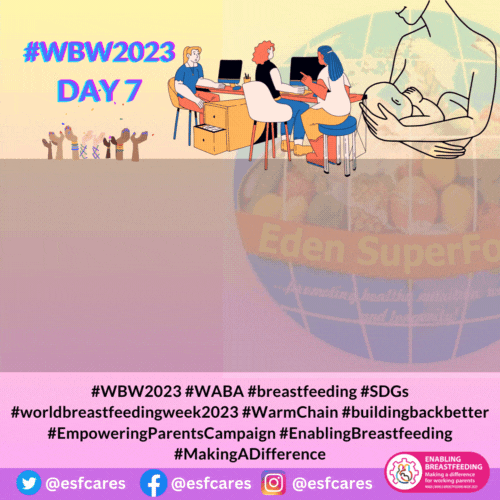Breastfeeding is one of the most important aspects of caring for a newborn baby. As a caregiver, it is crucial to understand the benefits of breastfeeding and support new mothers in this endeavor. For many reasons, some mothers may not be able to breastfeed directly, and in such cases, expressed breast milk can be a viable solution. In this blog post, we will explore the reasons behind a caregiver’s understanding and support for breast-feeding, the necessary steps, and feeding babies with expressed milk.
Understanding the Importance of Breastfeeding
There are several reasons why breastfeeding is vital for the wellbeing of newborns. For one, breast milk contains essential nutrients like vitamins, minerals, and proteins that are critical for growth and development. Additionally, breast milk is rich in antibodies that help protect babies from infections and illnesses. Breastfeeding also promotes mother-baby bonding and may reduce the risk of postpartum depression in mothers.

Supporting Breastfeeding Mothers
As a caregiver, you need to understand the physical and emotional challenges new mothers face. Support is necessary to allow breastfeeding mothers access to a stress-free environment, with ample time for breastfeeding and resting. This support may come in different forms, such as helping with household chores or meal preparation, providing information on breastfeeding resources in the community, or simply being an empathetic listener.
Expressing Breast Milk for Feeding
For women who cannot breastfeed directly, expressing breast milk is an effective method of providing babies with their nutrition needs. Caregivers should know the proper techniques for expressing, storing, and feeding expressed breast milk. It’s done regularly by creating a consistent pumping schedule, using a breast pump (preferably an electric one), and maintaining hygiene and cleanliness throughout the process.
Storing Expressed Breast Milk
Expressed breast milk must be stored properly, often kept in clean, covered containers and refrigerated or frozen. You must also maintain a proper inventory or record to ensure that the bottles are used in a timely manner, dispensed appropriately, and waste minimized.
Feeding Babies with Expressed Milk
Once expressed milk is ready to be utilized, it should be warmed by running a bottle under hot water or a portable bottle warmer. Caregivers should remember that expressed milk should never be heated in a microwave, and it should be tested with a finger or the back of the hand to avoid overheating that could burn the baby. At feeding time, positioning the baby correctly with a bottle angled up to promote good milk flow and prevent choke. It is also important to hold the baby close and make eye contact while feeding to develop further mother-child attachment and effective communication.
As a caregiver, understanding and supporting breastfeeding mothers and their babies are crucial to newborn health. By providing necessary assistance, creating a safe and supporting environment, and following proper steps for expressing, storing, and feeding expressed breast milk, caregivers, are actively contributing to the well-being and develop of the newborn.





